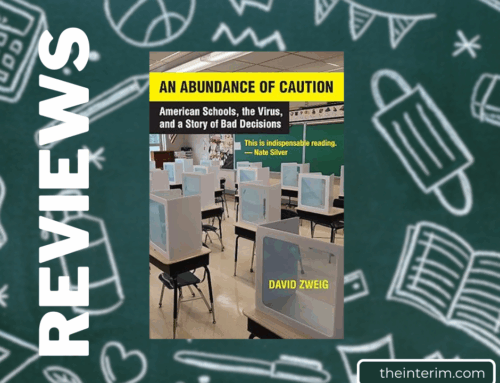Question: Can you explain why so many North Americans express dissatisfaction and unhappiness with life, despite the fact that we have more of the world’s goods than any other country?
Dr. Dobson: The human emotional apparatus is constructed so as to disregard that which is taken for granted. Good Health, delicious food, pleasant entertainment, peaceful circumstances and beautiful homes are of little consequence to those who have had them since birth.
But when those greatest of life’s blessings began to vanish, our appreciation for them increase accordingly. For a man who faces continued physical deterioration and premature death, the whole world assumes new significance: the beauty of a tree, the privilege of watching a sunset, the company of loved ones – it all takes on meaning.
I think this concept explains many of the emotional problems and psychiatric symptoms which beset us. We have been taught to anticipate the finest and best from our existence on this earth. We feel almost entitled, by divine decree, to at least 7f2 years of bliss, and anything less that that is a cause for great agitation. In other words, our level of expectations is incredibly high.
But life rarely delivers on that promise. It deals us disappointment, frustration, disease, pain and loneliness, even in the best of circumstances. Thus, there is an inevitable gap between life as it is and life as it should be.
The result is a high incidence of depression, especially among women, an unacceptable rate of suicide, especially among the young, and a general anxiety among the rest of us.
Compare this instability with the attitudes of German families near the close of the Second World War. Every day, l000 British bombers unloaded their destructive cargo over Hamburg, Berlin and Munich. By night, American planes did the same. Loved ones were dying on all sides. Neighborhoods were shattered and burned.
Yet the historians tell us that their morale remained intact until the end of the war. They went about their business of reordering their homes and making the best of a horrible situation.
How can we account for this courage in the fact of disaster?
The difference can be found in our level of expectations. The Germans expected to sacrifice and experience suffering. They were, therefore, prepared for the worst when it came.
But we are vulnerable to the slightest frustration because we have been taught that troubles can be avoided. We have permitted our emotions to rule us, and in doing so; we have become mere slaves to our feelings.
Question: Why do people seem to be more conscious of their physical flaws and inadequacies now than in the past?
Dr. Dobson: I believe this tremendous emphasis on physical attractiveness is a by-product of the sexual revolution going on around us. Our society has been erotically supercharged since the mid l960’s when the traditional moral standards and restraints began to collapse.
Television, radio, magazines, movies, billboards, literature and clothing all reflect this unparalleled fascination with sensuality of various sorts.
Obviously, when sex becomes all-important in a society, each person’s sex appeal and charm take on a new social significance. Simply stated, the more steamed up a culture becomes over sex, the more it will reward beauty and punish ugliness.
It is my view that the increased sensuality in North America during the ‘70s and 80’s is generating a higher incidence of emotional casualties among people who are intently aware of their inability to compete in the flirtatious game. If beauty represents the necessary currency (the gold coin of worth), then they are undeniably bankrupt.
And sadly, the most vulnerable victims of this foolish measure of human worth are little children who are too young to understand, too immature to compensate and too crushed to fight back.




